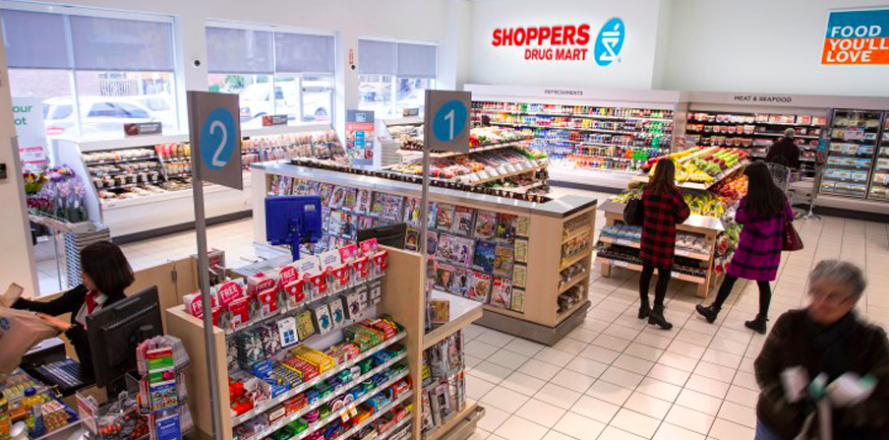
This post by Anthony Schein originally appeared on the SHARE blog on Friday, March 19, 2020.
Over the past week, we’ve all been struggling to keep up with the break-neck speed of change as governments and global institutions respond to the COVID-19 pandemic. Here at SHARE we have been thinking about how our work to build a sustainable economy fits into and is impacted by the unfolding crisis.
Like you, we will be closely watching our collective capacity to respond to a crisis, the cracks in our infrastructure exposed by COVID-19, as well as the places where we can see the resilience of local, national, and international institutions. Over the past few days, my inbox has filled with emails from companies –including that one café I used the Wi-Fi at ten years ago, the pizza place I sometimes order from, and my bank, most of them telling me about how they value their employees and are increasing their cleaning regimens. A few companies’ COVID-19 responses have stood out as positive examples.
Toronto-based Paramount Foods, where CEO Mohamed Fakih has developed a strong reputation as a corporate and community leader, was quick to offer assistance of emergency food supply to food-insecure communities, as well as to assure all staff and suppliers of the approach the company would take. In a statement on Twitter, Fakih wrote “we must do whatever we can not to take even a half a glass of milk from anyone’s table: our employees, our franchisees, our suppliers.”
In a message to Loblaw Companies Limited customers, including banking, grocery, and pharmacy customers, President Galen Weston struck a somewhat different tone, emphasizing that the company’s supply chain is secure, and giving assurance that the company would not engage in predatory price-gouging. Weston’s message makes a brief, passing mention of the importance of the “team” (i.e. workers), in guaranteeing that stable supply chain.
The stand-out company in its response to the COVID-19 crisis has been notable for all the wrong reasons – Tim Hortons, owned by Toronto-based Restaurant Brands International. On March 13, Press Progress published a story, quoting multiple current and former Tim Hortons employees, managers, and franchise owners saying that company policy is to require sick notes from employees, even those who are reporting symptoms of COVID-19, in order to receive unpaid time off. The parent company’s PR team went into overdrive on Saturday, commenting on Twitter posts that had shared the PressProgress story, claiming that there was “misinformation” circulating.
By the end of the day, Tim Hortons had changed its policy to not require sick notes for employees at corporate-operated stores, and issued a “company-wide directive” that franchisees waive requirements for sick notes. On Tuesday, March 17, the company had moved further, announcing a $40 million relief fund to support its employees, and up to two weeks of scheduled pay for hourly employees. Meanwhile, share prices have continued their steep, months-long decline throughout the week.
SHARE has a long history of engagement with RBI. In 2019, on behalf of the Atkinson Foundation, we filed a shareholder proposal calling on the company to create board-level oversight and reporting on Decent Work. While the proposal received a large majority vote from independent shareholders, the company has repeatedly declined to address any of the issues raised in the proposal. SHARE has re-filed the same proposal for this year’s AGM, and will be looking to increase shareholder pressure on the company’s board to take accountability for its workers.
This week’s events demonstrates the continued need for that kind of shareholder action. Among the questions we’ve been asking ourselves this week at SHARE is: what should we be looking for from companies’ pandemic responses to generate long-term value for shareholders?
We’ll have more to say on that here in the days ahead, but we know one thing for sure: these times will be a test of which companies truly mean it when they say “our employees are our greatest asset” in their annual reports.
Anthony Schein, Director of Shareholder Advocacy, SHARE
